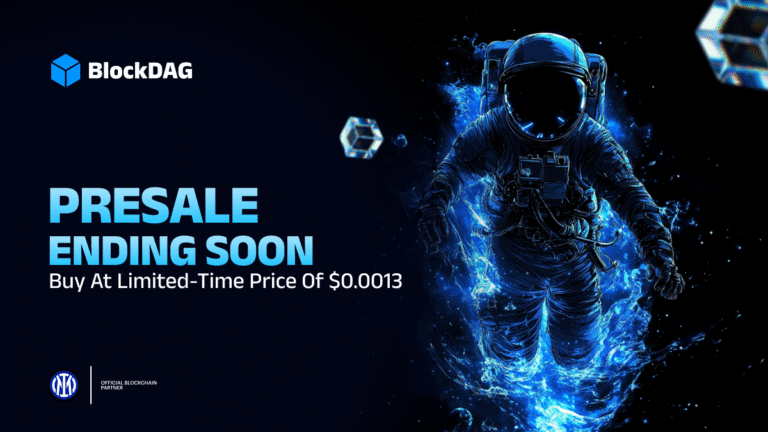Circle and Mastercard Enable Real-Time Stablecoin Settlements
- Real-time settlements in USDC and EURC facilitated by Circle and Mastercard.
- Partnership aims to lower transaction costs and accelerate cross-border transactions.
- Integration aligns with UN’s goals on reducing payment costs and enhancing regional liquidity.

Circle and Mastercard have expanded their partnership to facilitate real-time USDC and EURC stablecoin settlements across the Eastern Europe, Middle East, and Africa region.
This collaboration aims to enhance global payment infrastructure, reduce cross-border transaction costs, and accelerate digital remittance speeds, demonstrating the growing integration of stablecoins in traditional financial systems.
Circle and Mastercard Target Lower Transaction Costs
Circle and Mastercard have expanded their partnership, enabling real-time stablecoin settlements in USDC and EURC for regional merchants. This move intends to lower transaction costs and improve financial accessibility in the EEMEA region.
Key figures include Kash Razzaghi, Circle’s Chief Business Officer, who highlighted the goal of borderless commerce, stating,
“Expanding USDC settlement across Mastercard’s vast network of acquirers in Eastern Europe, the Middle East, and Africa is a pivotal step toward truly borderless, real-time commerce. Our expanded partnership with Mastercard will enable wider reach, global access, and scaled impact so that USDC can become as ubiquitous as traditional payments.”Dimitrios Dosis, Mastercard’s EEMEA President, emphasized the company’s trust and compliance efforts.
Aligning with UN Goals on Payment Cost Reduction
The partnership is expected to reduce cross-border payment costs, aligning with the UN’s sustainable development goals. This change brings greater liquidity to regional markets. Experts note improvements in the efficiency and speed of digital remittances, critical for fast-growing EEMEA markets, thus fostering financial innovation in the area.
Past Initiatives Underscore Regulated Stablecoin Expansion
Past collaboration between Circle and Mastercard includes initiatives like USDC settlements with Bybit, indicating a successful precedent. This partnership renews these efforts to expand regulated stablecoin use.
Potential outcomes, based on World Bank data, suggest further reductions in transaction costs, enhancing the financial ecosystem and providing a foundation for future innovation in global digital payments.
| Disclaimer: The information on this website is for informational purposes only and does not constitute financial or investment advice. Cryptocurrency markets are volatile, and investing involves risk. Always do your own research and consult a financial advisor. |






